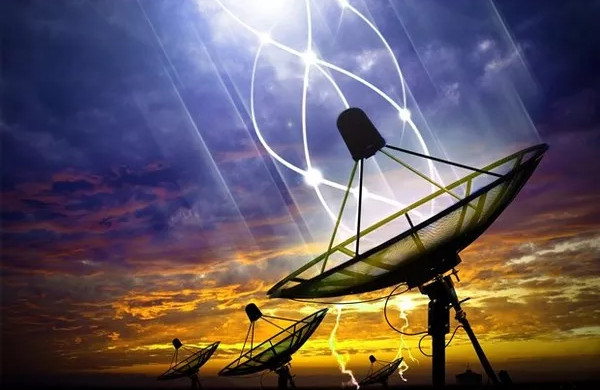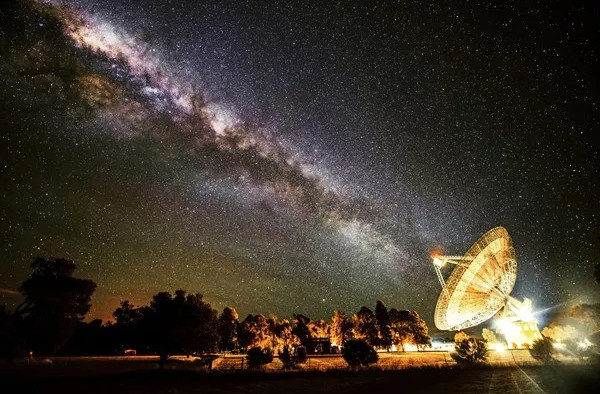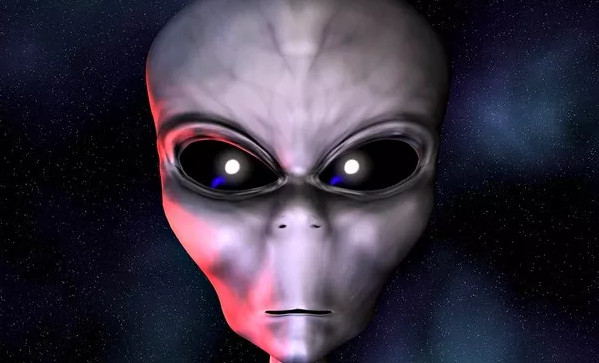Things will happen when we find aliens
When finding aliens, scientists will have to follow certain processes.
What will we do when we meet aliens?
Receive signals from aliens - what we will do
In fact, we have a set of codes of conduct when we found extraterrestrial civilization launched in 1989. This Code of Conduct was drafted by the International Academy of Astronautics with hope. someday they will have the opportunity to use them.
Accordingly, whenever a possible signal is detected from an exoplanet, astronomers will contact astronomers or research organizations to confirm two things: Does the signal exist and does it come from another civilization.

Great human effort to find extraterrestrial life.
If the signal has a narrow band that is different from the diffraction in the universe, that means - this is a deliberate signal. Most likely, this signal belongs to an extraterrestrial civilization.
After these groups confirm these two things, astronomers will inform the local authorities . They will also send emails from the International Astronomical Union to observatories worldwide.

The Code of Conduct also mentions the UN Treaty (1967) of the United Nations. Under the Treaty, the United Nations must be informed of the findings of outer space.
After completing all of the above, astronomers find the signal will be prioritized to publish information to the public.
Have we ever received extraterrestrial signals?
In 1997, the Green Bank observatory in West Virginia (USA) caught some unusual signals. Astronomer Seth Shostak at Mountain View, SETI, California, believes that this is a signal from an alien civilization.

Green Bank, Virginia Radio Observatory (USA)
'It seems we have found something' - Shostak said. However, they were too hasty to ignore many of these rules. Within a few hours, newspapers everywhere knew the news and information spread quickly.
But only that day, it was discovered that it was a signal from a European satellite. This event caused SETI to lose quite a lot of prestige, while the world opinion was a phen . "happy to miss".
But even so, Shostak asserts that this confusion is a very valuable practice for astronomers before they face the real situation.
The idea of a long project looking for extraterrestrial creatures
At the end of October 2015, the 100-year Cruise Ship Project (100YS) created by NASA for interstellar travel over the next 100 years will discuss the lessons learned from the 1997 incident.

With the development of science, we discovered many extrasolar planets. The higher the number, the higher the probability of finding an Earth-like planet.
It is estimated that about 140 planets can survive, about 33.6 light-years from Earth, including Kepler-452b - the planet is considered the "twin brother of Earth".
Scientists believe we can find another "2.0 version of the Earth" within the next 25-30 years but at a closer distance than Kepler-452b.

Kepler 452b - Earth's twin brother.
Jill Tarter, former director of the SETI research center, emphasized that the most important thing is whether or not we need to determine whether the received signal is from a system outside the solar system.
However, before making an official announcement 'everything must be thoroughly examined and independent' so as not to discredit SETI.
Discovering creatures outside the Earth should be happy or sad?
Although we need to be really cautious about the source of the news, Shostak believes that information will often leak before the official announcement.
Shostak said: 'These codes of conduct are in fact . fictional. I don't think we can control the media when there is such information. '

Can alien creatures be a threat to humans, or hope for a bright future?
In addition, according to Paul Ziolo, a professor of psychology at the University of Liverpool (UK), the reaction of public opinion will become very unpredictable. He said that public opinion will have many opposite reactions, from joy to desperation: 'For some people, aliens can be a threat. But for others it is the saints they still expect. '
As for Tarter, any discovery about extraterrestrial life gives us more hope for the future of humanity itself: 'If we succeed in finding aliens, then this means with technology civilization can survive for a long time '.
* The article expresses the views of Seth Shostak, a scientist at the Center for Extraterrestrial Life (SETI), posted on The Atlantic.
- If aliens really contact us, what will happen?
- 3 scenarios exposed to aliens
- Chinese contact with aliens, terrible thing will happen?
- Will we find aliens after 1500 years?
- Add 'eyes' to find aliens
- Hawking: 'Don't approach aliens anymore, before it's too late.'
- 5 things will happen if you
- Was 'connected' to aliens?
- Find radio waves to detect aliens
- Theories portray the worries about aliens
- Terrible things will happen when you don't sleep!
- Aliens will rule the earth?
 Van Allen's belt and evidence that the Apollo 11 mission to the Moon was myth
Van Allen's belt and evidence that the Apollo 11 mission to the Moon was myth The levels of civilization in the universe (Kardashev scale)
The levels of civilization in the universe (Kardashev scale) Today Mars, the sun and the Earth are aligned
Today Mars, the sun and the Earth are aligned The Amazon owner announced a secret plan to build a space base for thousands of people
The Amazon owner announced a secret plan to build a space base for thousands of people